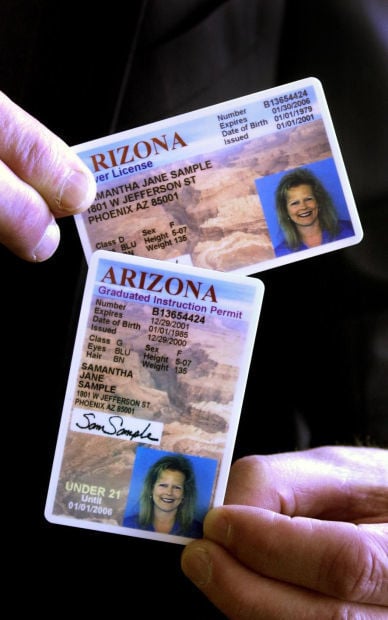PHOENIX — Saying the president acted illegally, an attorney for the state wants appellate judges to once again allow the director of the Arizona Department of Transportation to refuse to issue licenses to “dreamers.”
In filings with the 9th U.S. Circuit Court of Appeals, Assistant Attorney General Dominic Draye acknowledged Arizona issues licenses to some individuals who are granted “deferred action” under various federal programs.
For example, he said, the federal Immigration and Naturalization Act has a section aimed at protecting women against domestic violence. And Draye said Arizona provides licenses to the children of these women “because the INA expressly provides for deferred action for this category of non-citizens.”
Ditto, he said, for individuals who are allowed to stay for emergency reasons.
But Draye said nothing in federal law authorizes whole categories of people to be placed in the Deferred Action for Childhood Arrivals program enacted by the Obama administration in 2012. That includes more than 24,000 Arizona residents.
“They are the product of a discretionary policy action that the president had no authority to take,” he wrote.
That distinction is crucial if the state is to overturn a permanent injunction signed earlier this year by U.S. District Judge David Campbell blocking the state from denying licenses to DACA recipients.
In his ruling, Campbell pointed out the state has historically given licenses to thousands of other illegal residents who were given similar administrative permission to stay. That, he said, makes denying them to DACA recipients a violation of the Equal Protection Clause of the U.S. Constitution.
“The court is not saying that the Constitution requires the state of Arizona to grant driver’s licenses to all noncitizens,” Campbell wrote. “But if the state chooses to confer licenses on some individuals who have been temporarily authorized to stay by the federal government, it may not deny them to similarly situated individuals without a rational basis for the distinction.”
Draye hopes to convince the appellate court that there is a difference between DACA recipients and those in other deferred action programs. He said that would provide the “rational basis” for the 2012 executive order by then-Gov. Jan Brewer directing that licenses not be issued to DACA recipients even as it continued to give licenses to others.
That, however, means getting the judges to conclude the Obama administration has no legal authority to permit DACA recipients to stay and work, an argument that Campbell has already rejected.
The federal program announced in 2012 allows those who came here illegally as children to remain if they meet other conditions. The so-called dreamers, named for the earlier DREAM Act legislation that never passed Congress, also are issued Employment Authorization Documents entitling them to work here legally, the same documents issued to those in other deferred action programs.
Draye, however, said that being accepted into DACA does not change that person’s immigration status.
“Deferred action tolerates — but does not terminate — an ongoing violation of immigration law and results in an alien’s continued presence in violation of law,” he wrote.
But Karen Tumlin, an attorney with the National Immigration Law Center, said Arizona is looking to create a distinction where none exists.
“The federal government does not distinguish” among various types of deferred action programs, she said. “And therefore Arizona does not have the prerogative to distinguish.”
Draye, however, pointed out that a federal judge in Texas has blocked the Obama administration from implementing an expansion of the DACA program, at least temporarily.
That court concluded there was no authority for such an action. And a different appellate court has so far refused to disturb that ruling.
Tumlin countered that decision is only preliminary. Anyway, she said, the 9th Circuit is not bound by the rulings of any other appellate court.





